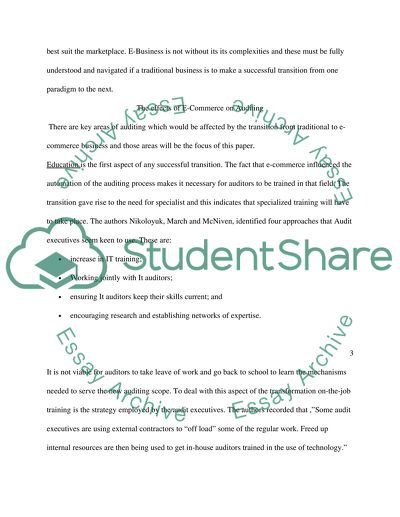Cite this document
(The Effects of E-Commerce on Auditing Coursework, n.d.)
The Effects of E-Commerce on Auditing Coursework. Retrieved from https://studentshare.org/finance-accounting/1533614-e-commerce-and-auditing
The Effects of E-Commerce on Auditing Coursework. Retrieved from https://studentshare.org/finance-accounting/1533614-e-commerce-and-auditing
(The Effects of E-Commerce on Auditing Coursework)
The Effects of E-Commerce on Auditing Coursework. https://studentshare.org/finance-accounting/1533614-e-commerce-and-auditing.
The Effects of E-Commerce on Auditing Coursework. https://studentshare.org/finance-accounting/1533614-e-commerce-and-auditing.
“The Effects of E-Commerce on Auditing Coursework”, n.d. https://studentshare.org/finance-accounting/1533614-e-commerce-and-auditing.


